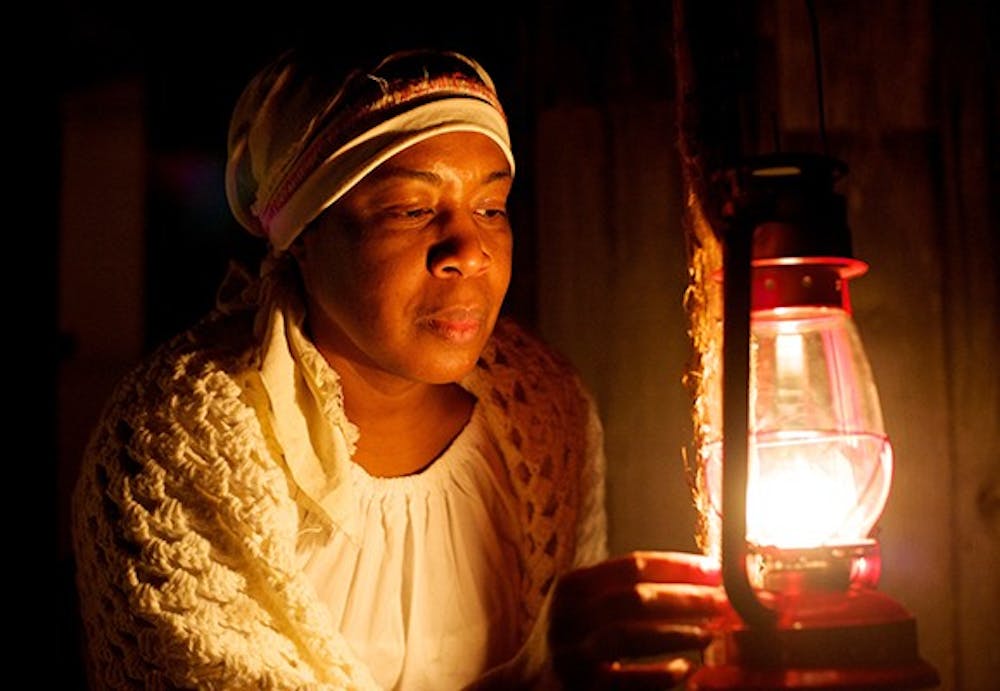Triangle-based Bare Theatre first brought the stories of eight former slaves to life on the largest plantation from pre-Civil War Durham last year.
And now, the theater is bringing those stories to the Carrboro ArtsCenter this weekend with its original production “Let Them Be Heard.”
The show adapts several interviews from The Slave Narrative Project — a part of the Works Progress Administration from the 1930s — into a theatrical presentation of former slaves’ depictions of their experiences in slavery.
Todd Buker, the show’s director, said the project started when his father told him about Durham’s own Stagville, the largest plantation in the pre-Civil War South.
“Once I went out there and took a tour, I wanted to do all that I could to try and get people to go and find out about (Stagville),” Buker said.
Many of the former slaves were more than 80 years old at the time of the Slave Narrative Project interviews, and many had expected a lot more social change after the Civil War.
“(Former slaves) were promised something that never materialized,” Buker said.
“They weren’t given any land, they didn’t have any money — most of them didn’t have any kind of education, and as soon they were turned out on their own, they had nothing, no way to survive.”
He said his connection with the theater led him to the narratives and to adapting them in a way that would bring the interviews to life.



